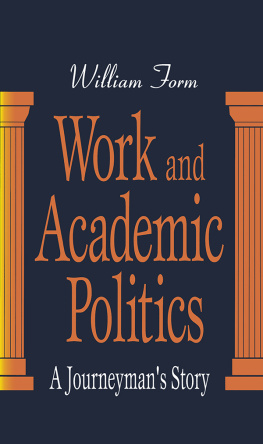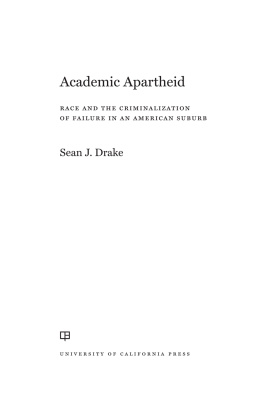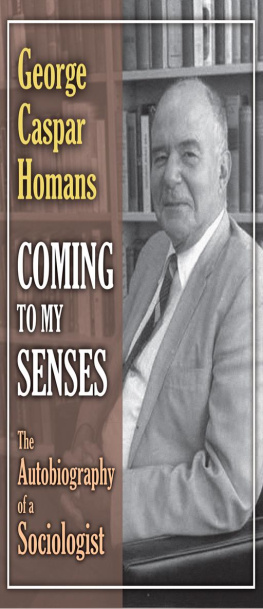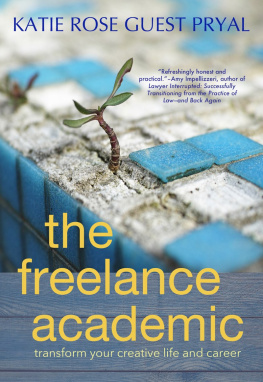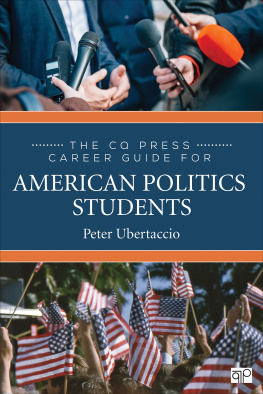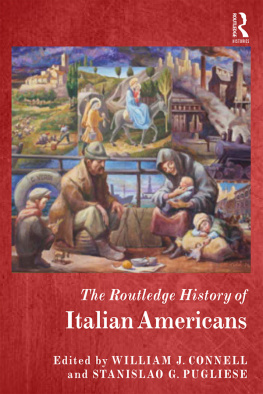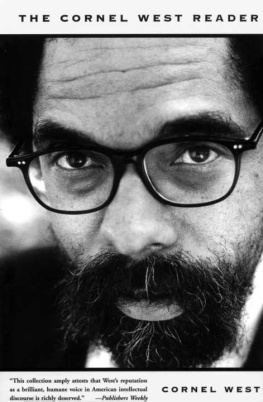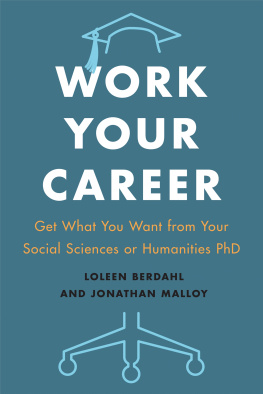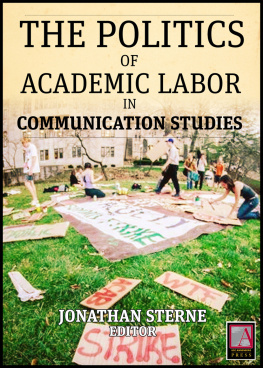First published 2002 by Transaction Publishers
Published 2017 by Routledge
2 Park Square, Milton Park, Abingdon, Oxon OX14 4RN
711 Third Avenue, New York, NY 10017, USA
Routledge is an imprint of the Taylor & Francis Group, an informa business
Copyright 2002 by Taylor & Francis
All rights reserved. No part of this book may be reprinted or reproduced or utilised in any form or by any electronic, mechanical, or other means, now known or hereafter invented, including photocopying and recording, or in any information storage or retrieval system, without permission in writing from the publishers.
Notice:
Product or corporate names may be trademarks or registered trademarks, and are used only for identification and explanation without intent to infringe.
Library of Congress Catalog Number: 2001041597
Library of Congress Cataloging-in-Publication Data
Form, William Humbert, 1917-
Work and academic politics : a journeymans story / William Form.
p. cm.
Includes bibliographical references and index.
ISBN 0-7658-0080-2
1. Form, William Humbert, 1917- 2. SociologistsUnited States
Biography. 3. SociologyHistory20th century. 4. Universities and collegesUnited StatesDepartments. 5. Universities and collegesUnited StatesFaculty. 6. Universities and collegesUnited StatesSociological aspects. 7. Italian AmericansBiography. I. Title.
HM479.F67 A3 2001
301'.092dc21
2001041597
ISBN 13: 978-0-7658-0080-0 (hbk)
I had never expected to write an autobiography, but after completing some pieces on my family and my schooling, I had the makings of a book. This is how it came about.
When I finished my term as editor of ASR in 1989, I was beyond Ohio States compulsory retirement age and looking forward to a return to research on work and politics. The last piece I wrote before becoming editor dealt with U.S. labor politics in the New Deal (Form 1990b). The first afterwards was a chapter solicited by Maureen Hallinan, an organizational approach to institutional analysis (Form 1990a). Then my colleague Craig Jenkins and I decided to bring together the best New Deal studies but for reasons explained later, the project had to be abandoned.
Instead, I completed a long-delayed monograph on U.S. labor politics (Form 1995b) and was about to turn to a project on institutional analysis when John Pease, a former student and long-time friend at the University of Maryland, urged me to record my recollections of C. Wright Mills four-year stint at Maryland before he went to Columbia. Mine was the only dissertation Mills ever directed. I described how I got to Maryland, contacts with faculty, and my place in the department before and after Mills appeared. Editor Jonathan Imber published it in The American Sociologist (Form 1995a). When I told him I had deleted much material about myself, he urged me to submit another article, The Accidental Journey, on my years at Maryland (Form 1997a).
About this time, long discussion with Bill DAntonio on the persistence of white ethnicity in America made me examine my own notions. Bill insisted that it was still important, which I doubted. My father, converted to Protestantism soon after arriving from Italy, had soon been Americanized. He changed the childrens name from Formicola to Form when we were in college. My ethnic background rarely came up in academia. Yet race, ethnicity, and multiculturalism had become important in U.S. sociology in the 1970s. While I never doubted the stubborn persistence of race cleavages, ethnicity was another matter.
In response, I began to write about my experiences with ethnicity in Rochester, New York, where I grew up. From Uli to Bill attempts to show how Rochesters school system handled a massive influx of immigrants children in the late nineteenth and early twentieth centuries, and how it shaped my own academic journey. The school system simply ignored the ethnic backgrounds of second generation Italian, Jewish, and Polish children, exposing them to the same education given earlier to British, German, and Irish immigrants children. The system quickly turned second generation children into Americans who spoke only English to one another, later moved from ethnic areas, and often married spouses of other backgrounds. Claims of strong ethnic survival and multiculturalism seemed exaggerated. I sent the essay, The Accidental Journey, to family and a few colleagues. Together, From Uli to Bill and the Accidental Journey described my experiences from grammar through graduate school.
As was my practice, I showed things I wrote to my friend and colleague, Dick Hamilton. He thought the essays were publishable and urged me to write one comparing sociology in the 1940s with the discipline today. So I sketched recollections of the seven institutions where I had taught over almost sixty years (Maryland, Hood College, American, Stephens Junior College, Kent State, Michigan State, Illinois at Urbana-Champaign, and Ohio State, quite different institutions). Writing systematically about them was difficult as it was hard to separate personal concerns from intellectual and political issues in department, university, and disciplinary association. I had neither preserved my letters, departmental records, or memorabilia nor kept a dairy. Yet to my amazement, the amount of material I could remember seemed inexhaustible.
In the midst of this, family concerns diverted my writing plans. My brother George, thirteen years my senior, died in 1995. He had had such an important impact on my life that I had dedicated Blue Collar Stratification (1976a) To my brother and teacher. In my grief I wrote an essay, For the Love of George, the Appassionato and sent it to family and kin. The following year, my brother Arnold unexpectedly died. He was two year older than I. Again, I wrote a memorial piece; Arnold, II Furioso di Buon Cuor. As my sister Nancy, four years older than I, was critically ill, I wrote her profile, Nancy, Semper Fidelis. Then family members pressured me to write a piece on my parents that I labeled Taciturn Maria and Sober Antonio. By adding an introduction on my grandparents and a short conclusion, I had a book, On the Shoulders of Immigrants, a Family Profile (1999) dedicated to sister Nancy. As a family document, it was deposited in several university libraries.
Writing On the Shoulders of Immigrants got me to ruminate about my own life and I decided to get back to the autobiography. Writing On the Shoulders had yielded fresh insights on how the family, the Rochester school system, the Great Depression, and changes in U.S. universities over time had affected the course of my academic life. Over sixty years, I had witnessed transformations in society, the discipline, the university, its departments, and the American Sociological Association. I had lived through the longest economic depression that the country had ever suffered and then World War II. Instead of the anticipated depression after the war, academia experienced a quarter century of unparalleled expansion. Before the war, sociology departments of modest size were linked to social work. In the postwar period, large departments that aimed to build a scientific discipline emerged in research universities. Then the turmoil of the Vietnam War and the Civil Rights movement in the 1970s presaged decades of stasis, disagreement, and fragmentation.

